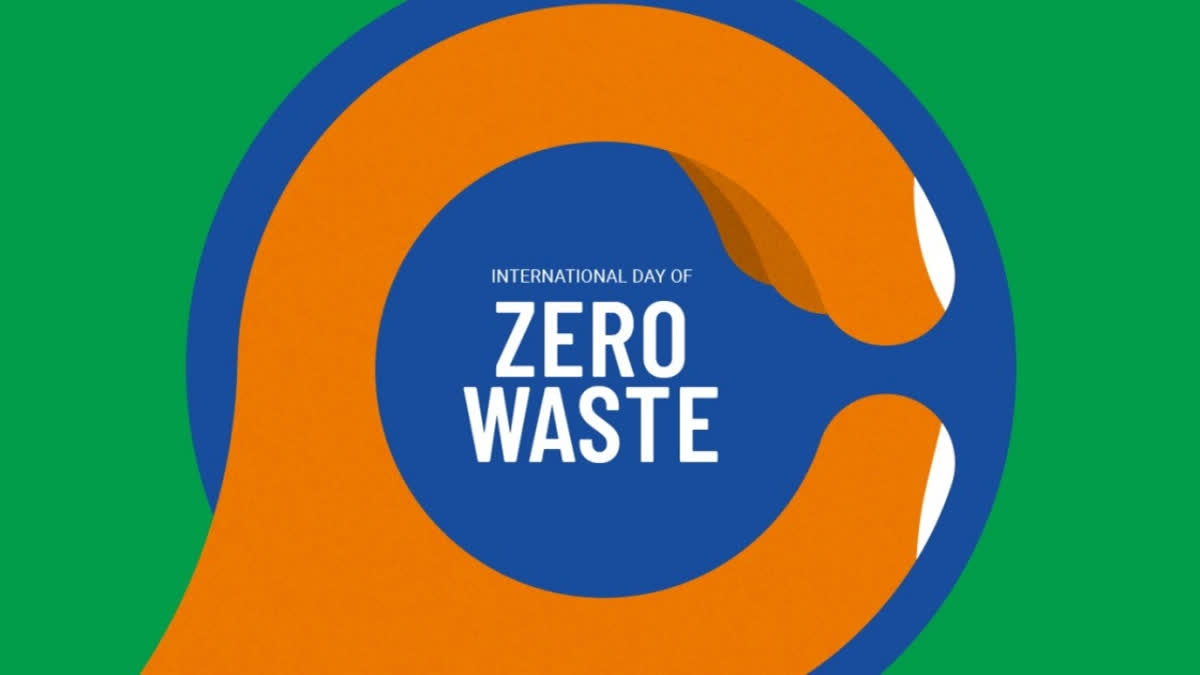Hyderabad: According to UN reports, humans generate an estimated 2.24 billion tons of municipal solid waste in a year, and by 2050, this number could rise to 3.88 billion tons per year! Therefore, recognizing the importance of zero-waste initiatives, on 14 December 2022, the United Nations General Assembly formally proclaimed 30 March as the International Day of Zero Waste, which will be observed every year starting from 2023.
According to United Nations Environment Programme, around 931 million tons of food gets wasted each year, and up to 37 million tons of plastic waste might be entering the ocean by 2040. The waste sector is a giant contributor to greenhouse gas emissions in urban settings and biodiversity loss. Zero-waste initiatives will help with waste management and preventing waste, which will further help in reducing pollution, easing the climate crisis, conservation of biodiversity, enhancement of food security, and improving human health.
On December 14th, 2022, at its 77th Session, the United Nations General Assembly adopted a resolution to proclaim 30th March as the International Day of Zero Waste, which follows other resolutions focused on waste such as 'End plastic pollution: towards an internationally legally binding instrument', which was adopted at the United Nations Environment Assembly on March 2nd, 2022.
Also read: New source of water found in moon samples from China mission
On this occasion, member states of the United Nations system, civil societies, private sectors, universities and schools, youngsters, and other stakeholders are invited to organise activities that can raise awareness about zero-waste initiatives on a global level and contribute to achieving sustainable development.
The zero-waste approach ensures responsible production, consumption, and disposal of products in a closed, circular system where resources are recovered and reused as much as possible, minimizing air, land, and water pollution. But, to achieve zero waste, actions are required at all levels, right from designing durable products, adopting less resource-intensive transportation, limiting pollution and waste in the manufacturing process and advertising, managing, and enabling zero waste.
Consumers can play a pivotal role in promoting zero waste by changing habits, reusing, and repairing products as much as possible before throwing them away. People are encouraged to promote the day on social media using tags such as #BeatWastePollution and #ZeroWasteDay.
They can further reduce their carbon footprint by saving energy at home, walking or using public transport, eating more vegetables, reconsidering travelling long -distances to save fossil fuels, throwing less food away, recycling, using electric vehicles, and encouraging people to do the same.



